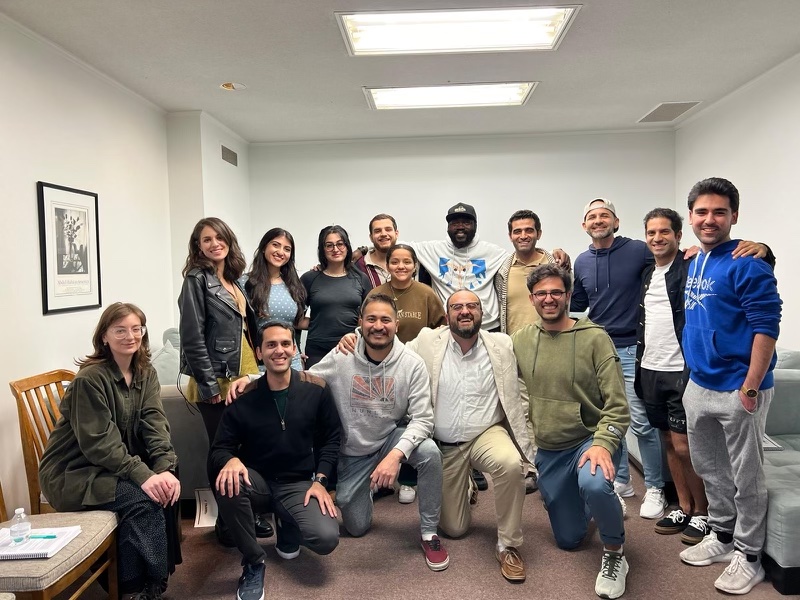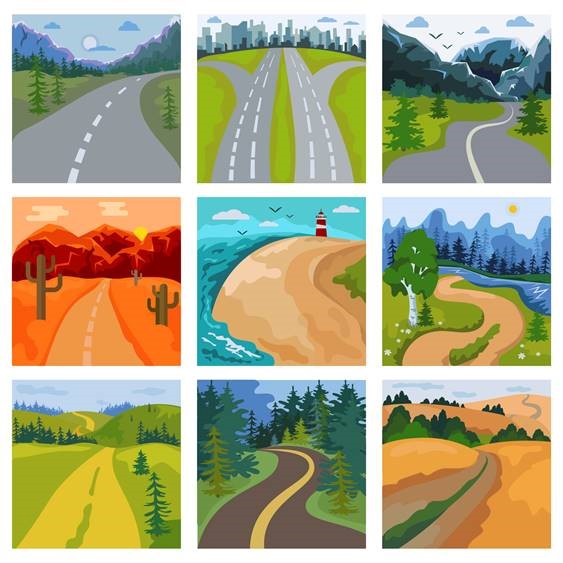
Ethel Henderson
Philadelphia
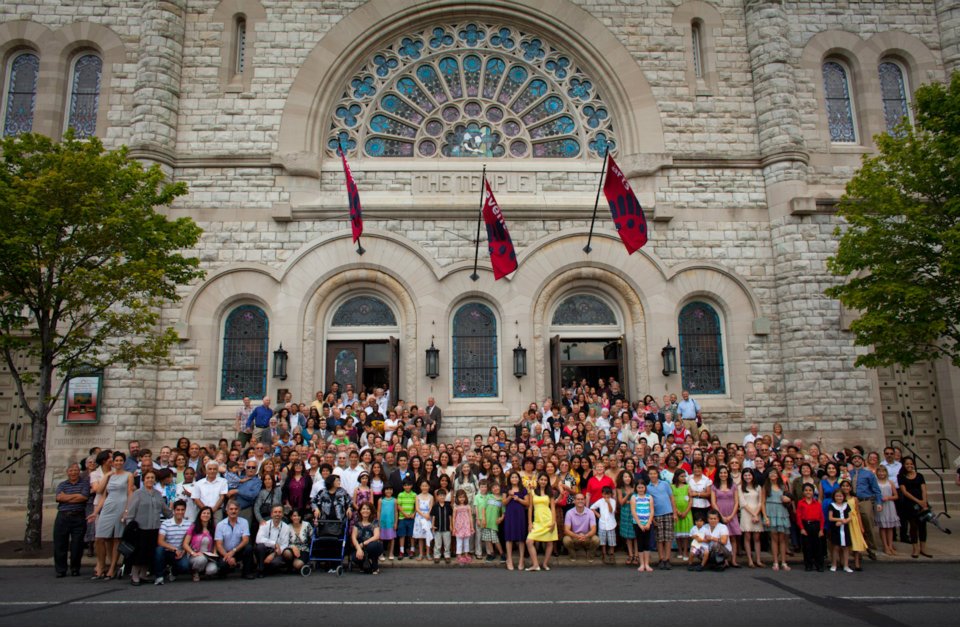 Philadelphia">
Philadelphia">
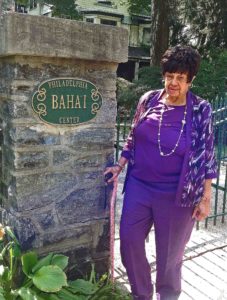
Eighty-seven-year-old Ethel Henderson has been known by several nicknames in her Baha’i community in Philadelphia. “Mother Ethel” served on the elected Baha’i council, Philadelphia’s Local Spiritual Assembly, for 45 years. During those years, Ethel, who had a phenomenal memory for names and dates, was dubbed the “Memory of the Assembly.”
As for herself, Ethel says she prefers to be known simply as someone who encourages others to offer service to the Baha’i Faith.
“She’s a moving force in this community, a very vibrant part of this community. Everybody knows her,” said Vernessa Hassan, another Baha’i in Philadelphia. “She has a hand in every undertaking. She makes sure people are taken care of in different ways. She’s an amazing person.”
“Ethel makes sure things are running well in the Baha’i Center, which is not an easy thing,” says Hassan. The welcoming old building with a broad front porch and tree-canopied lawn that houses the Philadelphia Baha’i Center used to be the summer home of the toy-manufacturing FAO Schwarz family. The Philadelphia Baha’is acquired the property in the early 1990s as space for community activities and administrative offices.
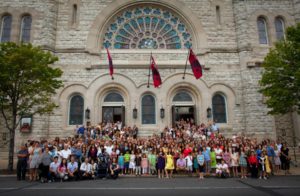
Ethel Henderson was born in Philadelphia and grew up there. She went to Vaux Junior High School, where she made friends with some members of her debate team. Years later, it was these friends who introduced her to the Baha’i Faith. That was in 1967.
“I became enchanted with the Baha’is’ simplicity of doing things and not being fanatical about anything,” Ethel says, “and they were always willing to share. What you didn’t understand, they explained and always told me to search further.”
“I had so many questions,” Ethel says. “For example, why were so many of the Baha’is I met, and the people they associated with, vegetarians?” That question led to conversations about the economy of a plant-based diet versus one that was meat-based. While the Bahá’í Faith does not prohibit the consumption of meat, it envisions a future where humanity will transition to a plant-based diet. “In 1967, being a vegetarian was a radical thing,” Ethel explains.
Even more radical was the way she, as a black woman, was welcomed like family into white Baha’i homes. “I wasn’t treated like company. At their house, it was an open door. They were so patient with me and my questions. I could stay at their house until the early morning hours.”
“People who were sitting on the porch in my neighborhood would just stop and stare when my Baha’i friends came to pick me up. When the Baha’is came, it was always a mixed group. That was radical in those days, and in some ways, it still is.”
After high school, Ethel and one of her classmates moved to Camden, New Jersey, to study nursing at Cooper Hospital. “We broke the color line,” she says. “We were the two black students in the class.” Ethel worked as a nurse for her entire career.
In her early days as a nurse, Ethel was a member of the Catholic Church. She saw countless babies being born and witnessed as many people dying. She says she used to have “burning questions” about what role she might play in the end-of-life passages of her patients.
“I don’t have burning questions anymore,” Ethel says of her acceptance of the Baha’i view of the afterlife. “The soul gets to where it is supposed to be.” Ethel has assisted with the death and burial of a number of Baha’i friends and family. “We were there with them when they passed and helped prepare the body for burial as a service to the family,” she says, “and some of those passages were profound.”
Her belief in a joyful afterlife was a huge comfort to Ethel when she lost her own son, Robert. Robert surprised his mother when he became a member of the Baha’i community, too, in 2007.
“On one of the Baha’i Holy Days,” Ethel relates, “the host said, there is someone here tonight who would like to become a Baha’i. I saw my son there with a heavy overcoat on and I thought, oh that’s nice, he’s going to escort the person.”
“When he got to the front of the room he said, ‘I want to thank you for helping me find the Faith.’ And I sat there with my mouth open. I never in a million years thought that my Bobby, who I used to think of as ‘wine, women and song,’ would become a Baha’i, but he did!”
Does she have fears about her own death? “Not about death, that finality. I have a little trepidation about that transitional period, and fear being uncomfortable and in pain. Old age is not for sissies,” she says emphatically.
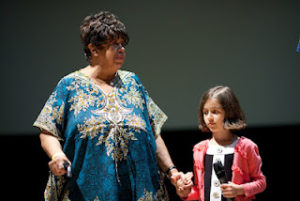
In the meantime, Mother Ethel is going strong, reliving happy memories of her Baha’i life. One of her favorite stories is of being on a chartered boat to Jamaica when she and others, including the musicians Seals and Crofts, went on a “Baha’i teaching trip.”
“We took over the ship,” Ethel tells with a gleam in her eye. “We closed the gambling casino and started calling the ship the Baha’i Star instead of the Bahama Star.” Kingston, Jamaica, was the site of an international Baha’i conference in May 1971 and was influential in many Jamaicans first learning about and then later becoming members of the Baha’i Faith.
In more recent years, Ethel appreciates the energy of the students who come to the Philadelphia Baha’i Center from local colleges and universities. Her advice to them is to be open to one another. “Do not be fearful of anybody who is not like you,” she tells them. “The problems we are having in the world today seem small if you put them against the standard of time.” And Mother Ethel has lived long enough to know.



